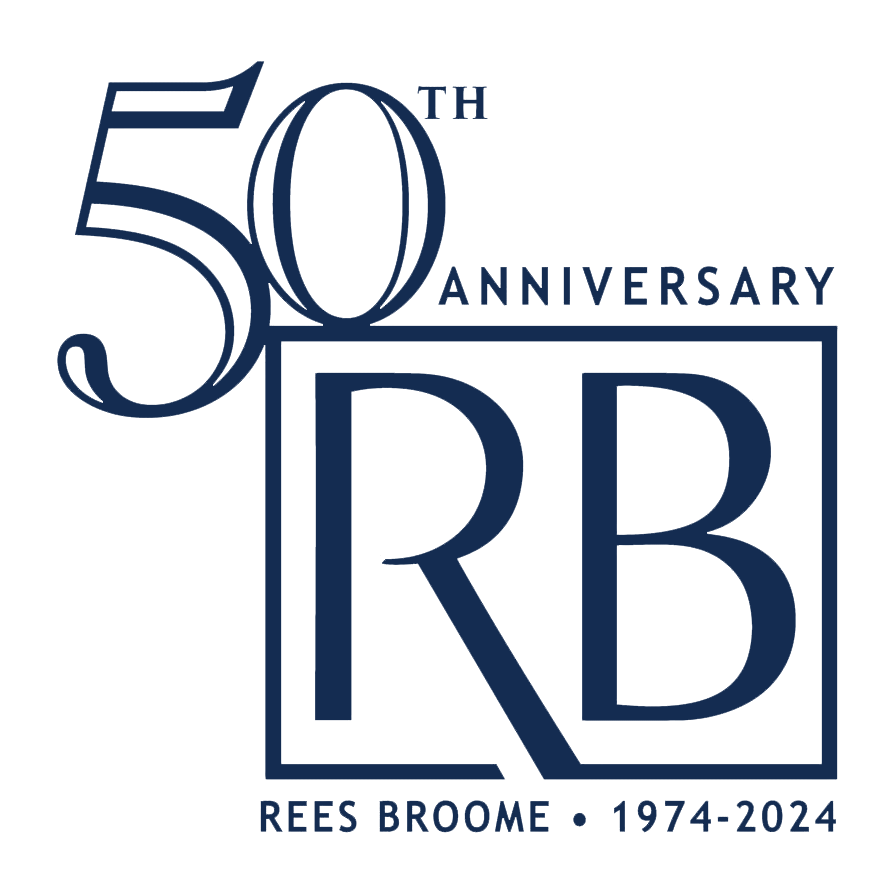On March 23, 2020, Governor Hogan issued Executive Order 20-03-23-01 in response to the COVID-19 pandemic and there are several provisions of the Order that impact community associations. The purpose of the alert is to provide guidance to our Maryland community association clients regarding the impact of these provisions. Fortunately, we do not believe that the Order will substantially impede the ability of Maryland community associations to operate.
The Order prohibits gatherings larger than 10 people “at all locations and venues.” Accordingly, if boards or committees are continuing to have in person meetings, they must be limited to 10 attendees, including the board or committee members. In our March 4, 2020 client memo, we provided guidance to community associations regarding holding virtual meetings and we encourage boards and committees to look into holding meetings in this manner so that the business of the association can be conducted without violating the Order. In addition, by having virtual meetings, more than 10 people can attend the meeting.
The Order also decreed that all non-essential businesses are closed to the general public, effective at 5:00 pm on March 23, 2020. As defined in the Order, non-essential businesses are those that are not part of the critical infrastructure sectors identified by the US Department of Homeland Security’s Cybersecurity and Infrastructure Security Agency. Included in the exempt businesses are real estate establishments, to include condominiums and mixed-use communities. Accordingly, the Order does not require community associations to cease operations. In addition, the Interpretive Guidance on the Order issued by the Maryland Office of Legal Counsel, specifically states that companies within the Commercial Facilities Sector include building and property maintenance companies. Accordingly, management companies in Maryland may continue to operate, as well as the companies that provide maintenance and support, including “plumbers, electricians, HVAC service companies, roofers, environmental services companies, exterminators, arborists and landscapers.” So, if you have an ongoing maintenance project within the building, the contractor is not prevented from working under the Order.
So, if you have an ongoing maintenance project within the building, the contractor is not prevented from working under the Order. Of course, Boards may be asked to consider whether any elective work or discretionary services performed by third-party contractors within the community can or should be delayed to further promote social distancing. Such decisions will need to be reviewed on a case-by-case basis by the Board and, in the case of contracts that have already been executed, reviewed with Association’s legal counsel.
The Order also exempts attorneys and law firms from closing down, so Rees Broome will continue to be operational for the foreseeable future and we are available to assist you with your community association issues during this difficult time.
Attachment 1 with Executive Order 20-03-23-01 Alert
Attachment 2 with Executive Order 20-03-23-01 Interpretative GuidanceAlert
